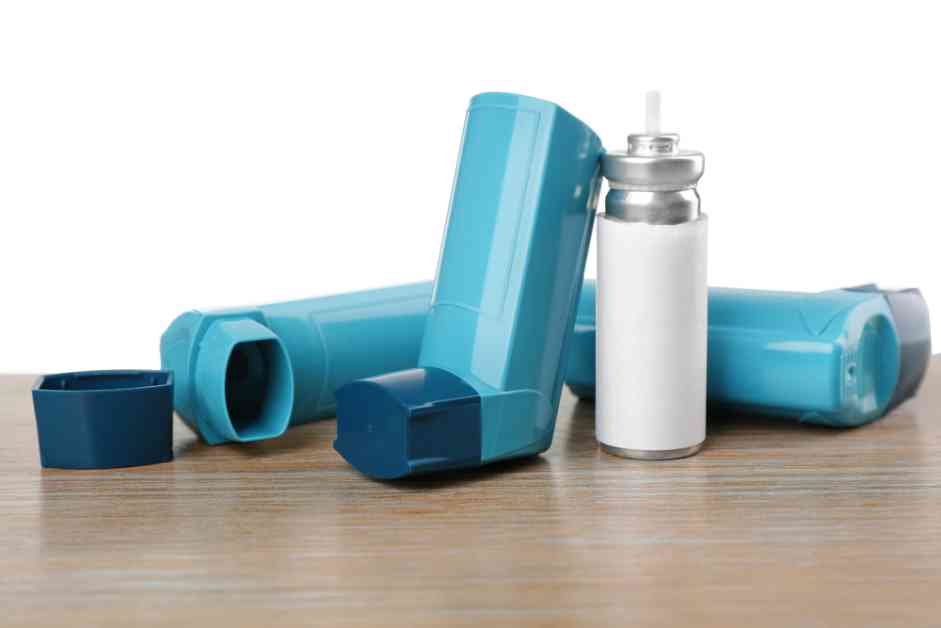In a recent court ruling, the United States District Court for the District of New Jersey has determined that Teva’s inhaler patents were incorrectly listed in the FDA’s Orange Book. This decision supports Amneal’s argument that the patents did not cover essential drug formulations.
The case revolves around Teva’s New Drug Application (NDA) for the ProAir HFA inhaler, a crucial treatment for respiratory conditions like COPD and asthma. While Teva holds patents related to the inhaler, Amneal claimed that these patents listed in the Orange Book could impede the approval of generic versions of the drug until the patents expire.
The Federal Trade Commission (FTC) also supported Amneal in this case by filing an amicus brief. Teva argued that their patents were properly listed in the Orange Book under the relevant provision. However, the court had to determine whether these patents were wrongly listed and if Teva’s actions were anti-competitive.
Amneal aimed to release a generic version of Teva’s ProAir inhaler but faced opposition from Teva, alleging patent infringement. The court ruled in favor of Amneal, allowing them to challenge the validity of Teva’s Orange Book patents and pursue antitrust claims. This decision highlights the importance of transparency in the patent listing process and could lead to more challenges from generic manufacturers against brand name pharmaceutical companies.
This ruling could have broader implications for similar disputes in the pharmaceutical industry. It also follows the FTC’s recent actions challenging the relevance of numerous patents protecting FDA-approved drugs. The court’s support for Amneal’s claims could encourage other generic manufacturers to challenge questionable patents listed in the FDA’s Orange Book.
Additionally, Stephanie Head, a Technology Licensing Associate at MIT, shared insights on intellectual property and licensing matters. It’s essential to note that the views expressed in this article are the author’s personal opinion and do not represent her employer, clients, or sponsors.
Overall, the court’s decision in the Amneal vs. Teva case sheds light on the need for transparency and fairness in the pharmaceutical patent landscape, paving the way for increased competition and innovation in the industry.















